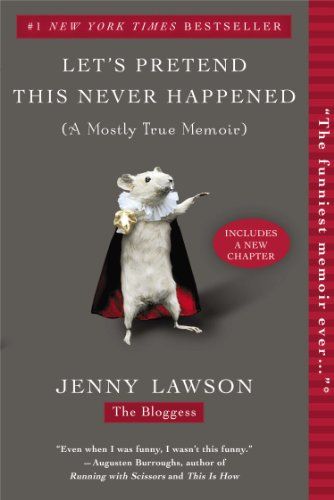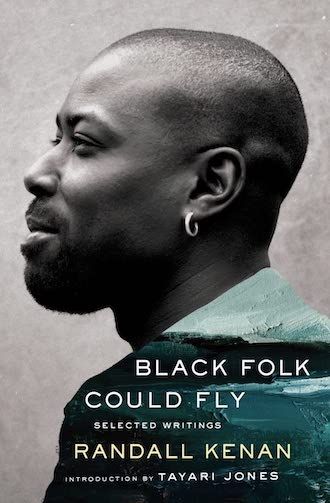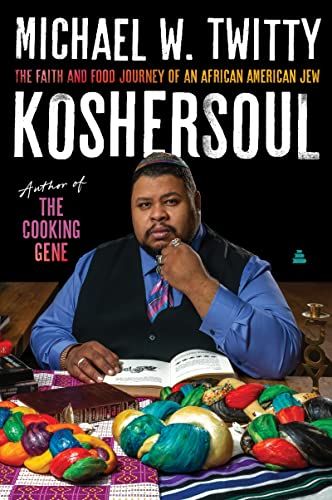Here in the South, fall weather is finally starting to arrive. The leaves are changing color and there’s a crisp, chilly note to the wind. This time of year, I love sitting on my front porch with a Southern nonfiction book. There’s nothing like diving into a new book while dressed in a chunky sweater and sipping hot apple cider. So, in honor of this tradition of mine, today we’re looking at some work by authors with connections to the South.

Let’s Pretend This Never Happened by Jenny LawsonIn her first memoir Let’s Pretend This Never Happened, Lawson describes her quirky family, sharing stories about her dad’s obsession with taxidermy and her husband’s baptism by fire sort of introduction to her family. Lawson is both chronically and mentally ill, and she weaves that experience throughout her memoir and her following book, Furiously Happy and Broken (in the Best Possible Way). She strikes the perfect balance between describing the challenges she has faced and the beautiful parts of life that make it all worth it. Reading about her wild, Texan family and the everyday things in life that bring her joy helped me process my own chronic illness and realize that, even though there are a lot of difficult things that we all experience as human beings, there’s also so much joy out there. |

Black Folk Could Fly: Selected Writings by Randall KenanFor most of his career, Randall Kenan was described as a “writer’s writer,” a writer who isn’t loved by the general public per se, but people in his field really respect and admire his work. But shortly after Kenan died in 2020, his short story collection, If I Had Two Wings, was longlisted for the National Book Award. Its reception introduced Kenan’s work to a whole new audience. Black Folk Could Fly is a posthumous collection of nonfiction works from throughout his career. In these essays, he writes about his childhood in rural North Carolina, his move to New York City to work on his writing career, and his travels around the country to interview Black people about their experiences. Kenan was always pondering, what does it mean to be Black in America today? Through his writing, we can see the progression of his thought process as he mulls over this question and reads other Black writers on the topic. |

Koshersoul: The Faith and Food Journey of an African American Jew by Michael W. TwittyIn his thematic follow up to his first book, The Cooking Gene, Michael W. Twitty is back to discuss more about how his identity is connected to the food in his life. Twitty is a Jewish Black man who finds solace in celebrating both parts of his identity, especially how Jewish-African cuisine is wholly unique and beautiful. The book is structured in a series of essays that examine Jewish-African culture and experiences from several different angles, always returning to food. Koshersoul is a beautiful tribute to Twitty’s faith and culture, all of which are reflected in the Southern food he cooks. Twitty’s writing always provides a unique perspective on the huge role that food plays in people’s lives and challenges readers to rethink how they view the role of food in their own lives. |

A Measure of Belonging: Twenty-One Writers of Color on the New American South, edited by Cinelle BarnesThe American South contains a diverse world of lived experiences. In this anthology, writers—like Kiese Laymon, Joy Priest, and Natalia Sylvester—examine what it means to be a person of color in the South. Set in places like doctor’s offices and DMVs, these essays tackle the topic of their lived experiences with race very differently. Editor Cinelle Barnes does a great job of collecting a range of different essayists in the collection, creating a truly incredible anthology that highlights some of today’s most talented writers in the modern South. Plus, it’s out from my favorite Southern indie publisher, Hub City Press. |
You can find me over on my substack Winchester Ave, over on Instagram @kdwinchester, on TikTok @kendrawinchester, or on my podcast Read Appalachia. As always, feel free to drop me a line at kendra.d.winchester@gmail.com. For even MORE bookish content, you can find my articles over on Book Riot.

